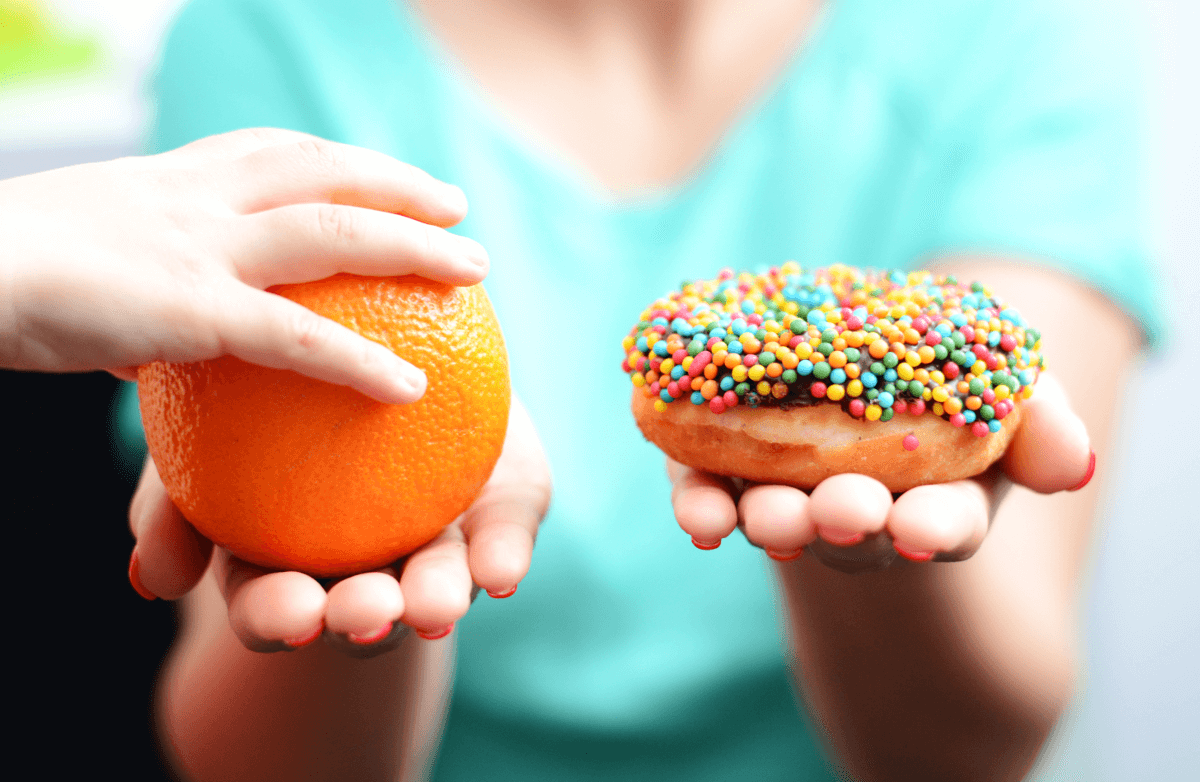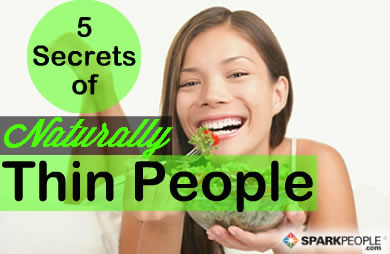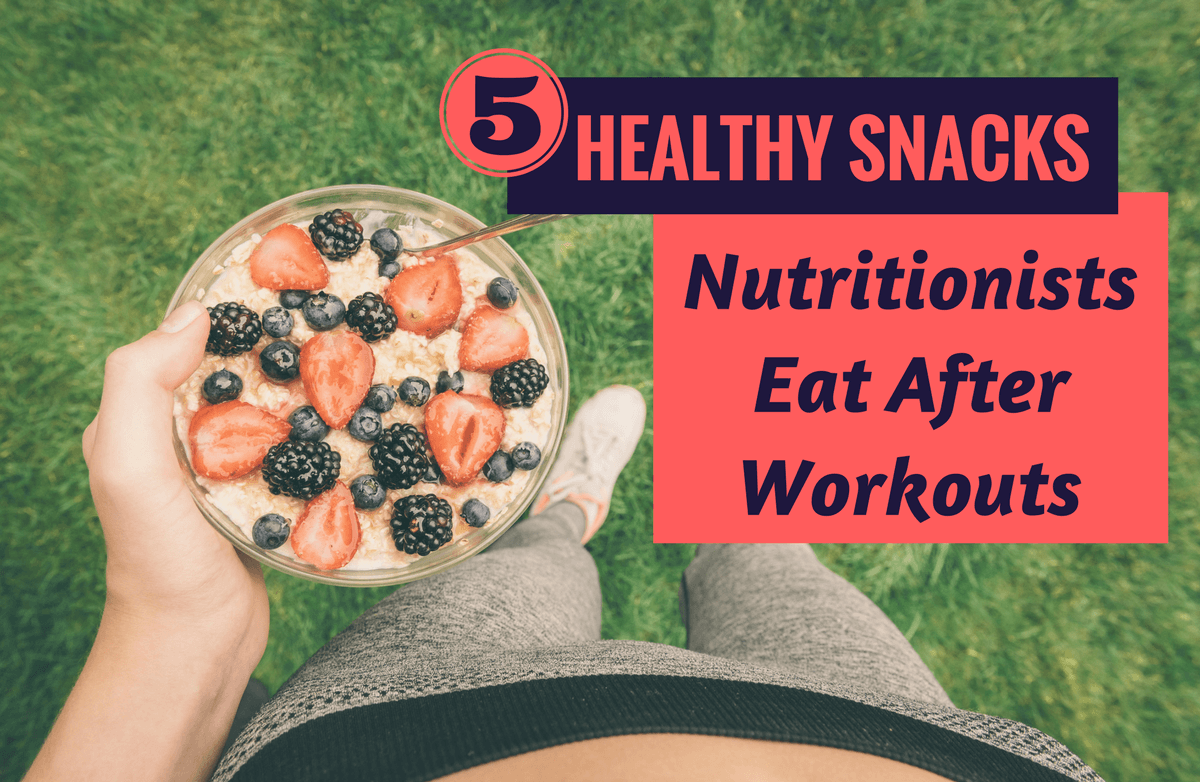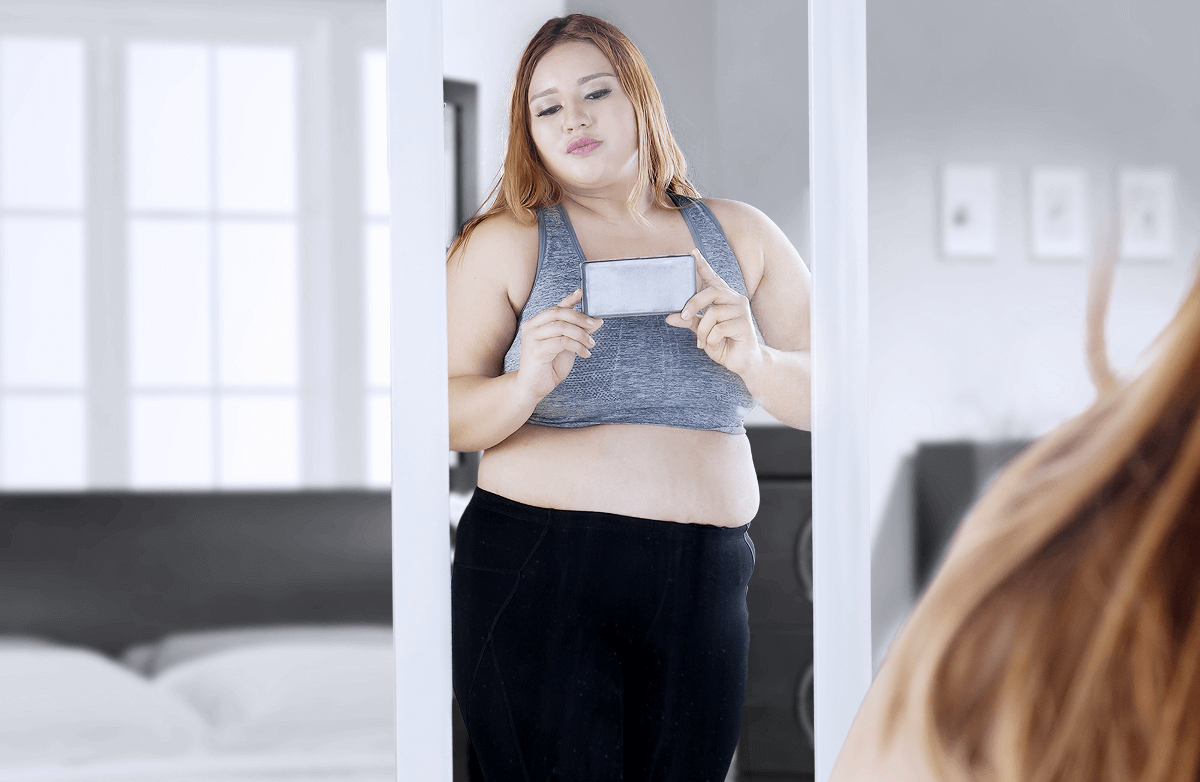|
Sure, you're eating your five a day servings of fruits and vegetables, but did you know that how you prepare them and how you serve them factor into how much good they do your body? NPR recently did a story about how to get the most nutrition from your vegetables. As Tanya told you last year, a fat-free diet can actually keep you from getting the most from your food. If you're eating fat-free dressing on your salads, you aren't absorbing as many of the phytonutrients that make vegetables so good for you. According to NPR, Iowa State University researchers fed people salads with and without fat in the dressing and tested their blood before and after eating the salads each morning. "When researchers went back and analyzed the blood samples they realized that people who had eaten fat-free or low-fat dressings didn't absorb the beneficial carotenoids from the salad. Only when they had eaten the oil-based dressing did they get the nutrients." (Carotenoids are pigments found in red, yellow and orange veggies, plus dark greens, that become vitamin A in the body. SparkPeople dietitian Becky Hand says they can help prevent cancers, and they have antioxidant properties that protect cells. ) In addition to adding a bit of heart-healthy fat, cutting vegetables into small pieces and chewing them well can also help maximize your absorption of the good stuff they possess. And how you prepare vegetables has an effect, too. Microwaving has been shown to be one of, if not the, best ways to cook vegetables to retain and release vitamins and minerals. Steaming and sautéing (with minimal fat) also help retain nutritional value, while boiling and pressure cooking are the least effective. Essentially, the longer you cook vegetables, the more they leach out their nutrients. I use a microwave to reheat my lunch here at work, but I don't own one and haven't for much of my adult life. I was happily microwaveless until Christmas 2007, when my parents bought me a new one, despite my complaints. I accidentally set it on fire about a year later while trying to make popcorn in a paper bag. RIP, microwave. (NOTE: When it says use a lunch bag sized bag, use one. Anything larger will catch fire! I digress…) There has been a backlash against microwaves in recent years, and I will admit that I like being able to say that I don't own one. It makes me have to stop and think before heating something up, and I don't ever buy frozen meals because they would take too much time and energy to cook in the oven. (That, and I like to cook and try to eat whole, unprocessed foods.) But this bit of news proves that microwaves have been somewhat unjustly vilified. It would be nice to be able to cook vegetables quickly and still retain their nutritional value. (I steam mine on the stove or in my rice cooker to multitask.) My question for you is: How do you cook your vegetables? Do you microwave them? Would you be more likely to start microwaving them now that you know it's such a good way to prepare them? (Oh, and if you want to add a bit of heart-healthy fat to veggies, try drizzling on some olive oil, dipping them in hummus or eating them with a bit of low-fat cheese! Yum!) |
Related Entries
More From SparkPeople
|





.png)


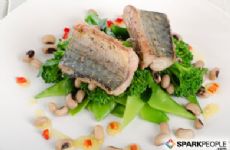
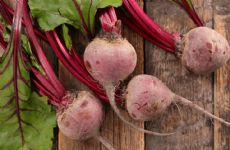
.jpg)








